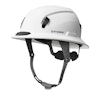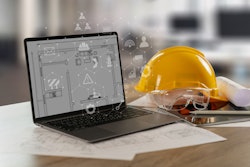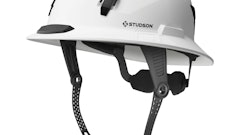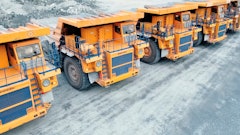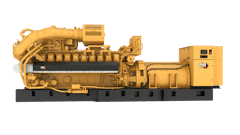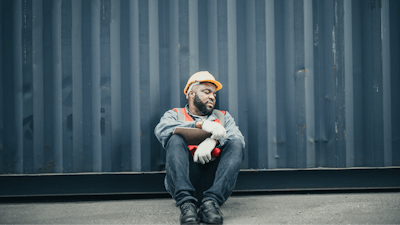
The month of April is usually reserved as the "Jobsite Safety" month for the construction industry. There are no shortage of social media posts and articles about hi-vis clothing, PPV, best practices, flagging, and many other ways to keep our people safe while on the job. However, one aspect of safety that isn't often included, but has been gaining some traction in recent years, is about mental health.
The construction industry is sadly plagued by an above average rate of suicide and self-harm when compared to other industries. It's clear that there is a problem, and people are trying to do something about it. However, when I think about mental health in the trades, I remember my time working in a steel factory and the difficulty I had getting help.
In 2013, I was going through a serious depression, and I was drinking heavily. None of my coworkers knew how bad I was struggling, and the drinking, well, let's face this reality: drinking in our industry is completely normalized. Don't get me wrong! I love an ice cold beer after I've put in a hard days' work. It's the best. However, when combined with mental health struggles, it can be a recipe for disaster. That's where I was, and it wasn't until I sought out therapy that I began to get a better grasp on what was happening to me.
For the next eighteen months, I regularly saw my counselor, and began to get my mental and physical health back on track. But why should employers care about this, really? If a guy shows up, and is getting the job done, what's the difference?
Before I sought help, I was coming to work, but the work I was doing was not my best. I wasn't focused, I wasn't sharp, and I wasn't engaged with doing all that I could do. I was just...surviving. While no one could say I was slacking, no one would say I was excelling either. However, after I started to work on myself, my work also improved.
I went from being a bottom-line operator, expanding my knowledge and skills over the following years, and then becoming the go-to guy to train new-hires. I felt a kind of pride in my work that I hadn't before.
So, just like you provide gloves, helmets, and safety vests for your crews, you should seriously consider how you are supporting the mental health of your employees. The investment you make in them, in that way, can provide direct benefits to you, your company, and your clients. It made all the difference in the world for me, and I guarantee that there is likely one person, at least, who works with you or for you that needs this kind of help today.
See you on the road!




